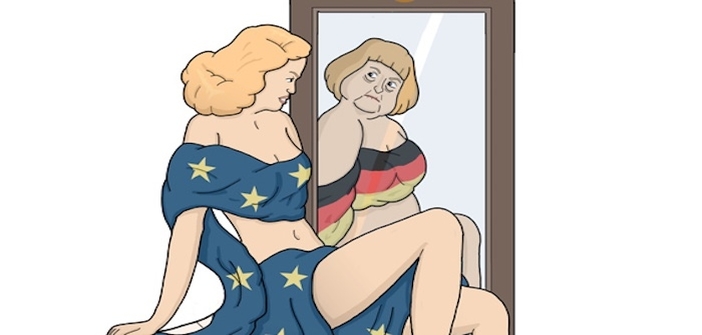After twelve years at the head of the government, German Chancellor Angela Merkel, leader of the coalition between the Christian Democratic Union (CDU) and the Christian Social Union (CSU), is largely favored in the polls for the legislative elections on Sunday, September 24.
Her economic record is one of her strong points, even though it has its weaknesses.
The growth rate is at its highest in 5 years. After 1.9% in 2016, the German economy is now on a growth trajectory of 2% per year, according to OECD data.
Last poll in Germany before Sunday’s elections: Merkel at 34% of voting intentions, far ahead of Schulz’s SPD at 21% (see our article below).
The populists of the AfD are expected to enter the Bundestag (13% of voting intentions), a first for a far-right party since 1945.
Thus, Merkel should be able to do without the SPD (the German Social Democrats) to govern and shift her coalition to the right (her party CDU-CSU + center-right FDP and, probably, the Greens).
This will not be without consequences for Macron’s European recovery project. Reorienting Brussels’ economic policy in a more growth-friendly direction, as the French president wishes, is exactly what the German right does not want.
Since 2013, Merkel has governed with the SPD, which has bargained its support particularly for the creation of a federal minimum wage and a policy of public investments.


